
Granite vs Quartz Countertops: Which is Best for You?
Granite vs Quartz Countertops: Which One Should You Choose for Your Kitchen?
When it comes to renovating your kitchen, one of the biggest decisions you'll face is choosing the right countertop material. Granite and quartz are two of the most popular options, each offering distinct advantages and considerations. But how do you decide which is the best fit for your lifestyle, style preferences, and budget? Let’s dive into the details to help you make an informed choice.
What Are the Main Differences Between Granite and Quartz Countertops?
Understanding the fundamental differences between granite and quartz is key. Both materials are celebrated for their beauty and durability, but they differ significantly in composition, maintenance, and cost.
- Material Composition: Granite is a natural stone, mined from quarries and then cut into slabs. Quartz countertops are engineered, made from crushed quartz combined with resins and pigments.
- Appearance: Granite features unique, natural variations in color and pattern, making each slab one-of-a-kind. Quartz offers a broader palette of consistent, uniform designs, thanks to its manufactured nature.
- Durability: Both surfaces are durable, but quartz is non-porous and less susceptible to staining. Granite is porous and may require sealing to resist liquids and spills.
- Maintenance: Quartz countertops generally demand less upkeep because they resist stains and bacterial growth. Granite needs periodic sealing to maintain its stain resistance.
- Price Point: While prices vary depending on quality and design, quartz tends to be slightly more expensive upfront, though its lower maintenance can offset ongoing costs.
Which Material Is More Resistant to Heat and Scratches?
Heat resistance and scratch resistance are critical considerations for busy kitchens. Quartz countertops are engineered to withstand heat and scratches better than many think, but they are not entirely heatproof. Placing hot pots directly on the surface may leave marks or damage the resin. Granite, however, naturally boasts excellent heat resistance because of its stone composition. Still, both surfaces benefit from using trivets and cutting boards to prolong their lifespan.
Which One Offers More Design Flexibility and Customization?
The choice here largely depends on your aesthetic preferences. Granite offers a natural, often dramatic look with unique veining and color variations, making it ideal for traditional or rustic kitchen styles. Quartz, on the other hand, provides a modern, consistent appearance with a wide array of colors and patterns that can mimic natural stone or go beyond. If you love a specific, uniform look, quartz is a smart choice.
What About Maintenance and Longevity?
Maintenance is a significant factor. Quartz countertops are less porous, which means they resist staining and bacterial buildup better and require less sealing. Granite, while beautiful, calls for regular sealing—usually once a year—to keep it resistant to moisture and stains. Both materials can last decades if cared for properly, but the upkeep can influence your long-term satisfaction.
How Do Costs Compare When Choosing Between Granite and Quartz?
While prices fluctuate based on quality, design intricacies, and other factors, generally, granite can be more budget-friendly with a broader range of options. Quartz tends to be priced higher but offers advantages like lower maintenance costs and more consistent aesthetics. When evaluating costs, remember to include installation, sealing, and ongoing maintenance as part of your total investment.
Which Material Is Better for Your Family's Lifestyle?
If you have children or a hectic household, durability and ease of cleaning may tip the scales towards quartz. Its non-porous surface makes it more resistant to spills and stains, and cleaning is straightforward. On the other hand, if you prioritize natural beauty and are willing to invest in proper sealing and care, granite provides a stunning, earthy look that endures over time.
How Do Sustainability and Eco-Friendliness Compare?
Environmental considerations are becoming increasingly important. Granite is natural, but its quarrying can have environmental impacts. Quartz is manufactured and involves resins, which may contain volatile organic compounds (VOCs). Some manufacturers now produce eco-friendly quartz options with lower emissions. If sustainability is a priority, research brands that source responsibly.
Which Material Is Easier to Repair and Restore?
Accidents happen—chips, scratches, or stains are possible. Fortunately, both materials can be repaired, but the approach differs. Granite chips can often be patched with epoxy, and professional restoration can bring it back to life. Quartz repairs are more challenging due to its engineered composition and may require professional intervention. If you're concerned about potential damage, consider consulting with experts known for cabinet refinishing and countertop care.
Where Can I Find Professional Assistance for My Kitchen Remodel?
Revamping your kitchen surface doesn’t have to be overwhelming. Expert guidance can help you choose the right countertop and ensure proper installation. For specialized assistance, check out professional cabinet refacing in Aubrey, Texas or explore local resources for countertop specialists. Additionally, if your cabinets need a refresh before installing new countertops, consider DIY cabinet door replacement tips or professional cabinet refinishing services.
Should I Consider the Overall Kitchen Design and Style?
Matching your countertop with your kitchen’s overall theme is vital for a cohesive look. Granite’s natural patterns beautifully complement rustic, vintage, or traditional kitchens. Quartz, with its sleek and uniform appearance, pairs well with modern, contemporary, or minimalist designs. Think about your preferred aesthetic and how each surface’s character aligns with your vision.
What Are the Key Takeaways When Deciding Between Granite vs Quartz Countertops?
To wrap up, here are some essential points to guide your decision:
- If you desire natural beauty and unique patterns, granite is your go-to choice.
- For low maintenance and a variety of colors, quartz offers a practical and stylish solution.
- Consider your lifestyle—busy households may favor quartz for its stain resistance.
- Assess your budget, including installation and ongoing care costs.
- Match your material choice with your overall kitchen style and design goals.
Can You Combine Both Materials in Your Kitchen?
Absolutely! Mixing and matching granite and quartz can create a dynamic and personalized look. For example, use granite for the main countertops to showcase natural beauty, and install quartz on island surfaces for easy upkeep. Creative combinations can elevate your kitchen’s visual appeal while balancing functionality and style.
Where Can You Get Expert Assistance for Countertop Installation and Refinishing?
Preparing your kitchen for the new surface involves more than just selection; proper installation is key to durability. Whether you’re considering refinishing existing cabinets or installing new countertops, professional help makes all the difference. For expert guidance, consider visiting heat-resistant countertop options or consulting local specialists for comprehensive kitchen upgrades.
Frequently Asked Questions About Granite vs Quartz Countertops
Quartz countertops are highly durable, especially for resisting scratches and stains. Granite is also durable but is more susceptible to chipping and staining if not properly sealed and maintained.
Pricing varies depending on quality and design, but quartz generally has a higher upfront cost. However, lower maintenance needs can make it more cost-effective over time.
It's best to avoid cutting directly on these surfaces. Use cutting boards to prevent scratches and preserve the finish of your countertops.
Granite being natural may seem more eco-friendly, but quarrying impacts and the energy used in processing are considerations. Eco-friendly quartz options with responsible manufacturing are increasingly available.
Typically, sealing should be done once a year, but it depends on usage and granite type. Regularly testing your surface’s absorption can help determine when resealing is needed.
Choosing between granite vs quartz countertops is ultimately about balancing style, durability, maintenance, and budget. Both options add value and beauty to your kitchen, so think about what suits your lifestyle best. For expert advice and professional installation, look into trusted local services that can make your kitchen transformation smooth and satisfying.


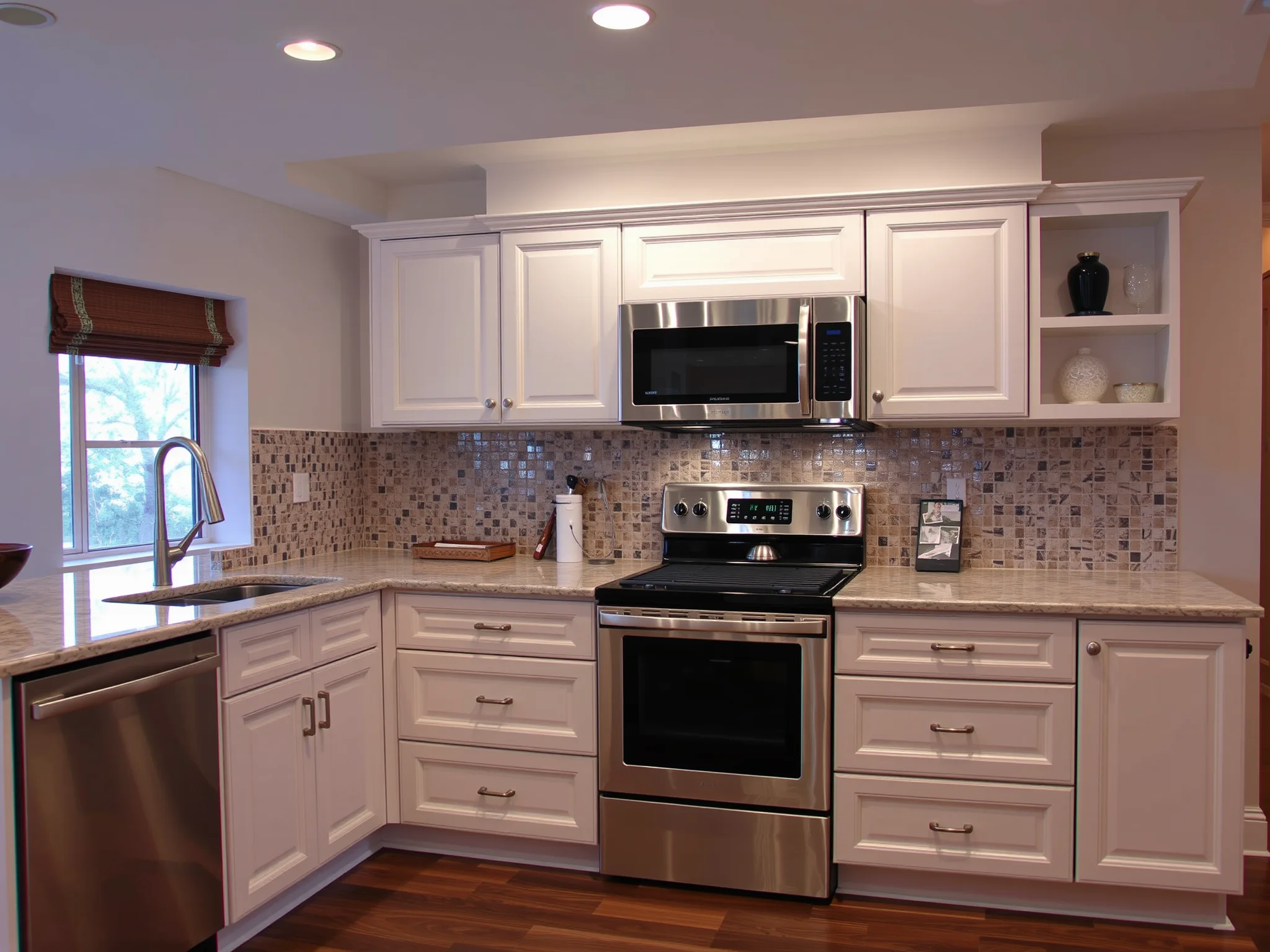
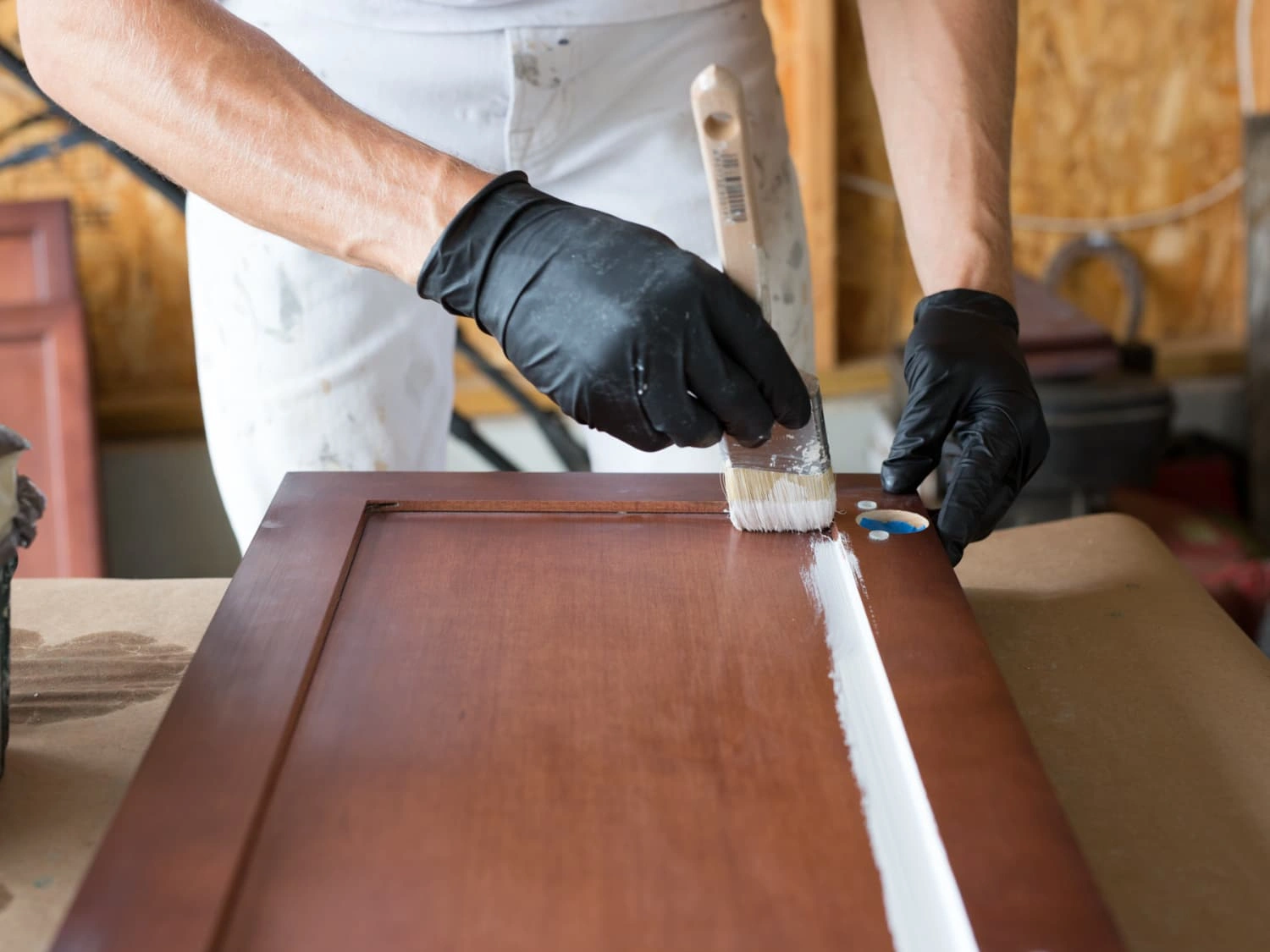
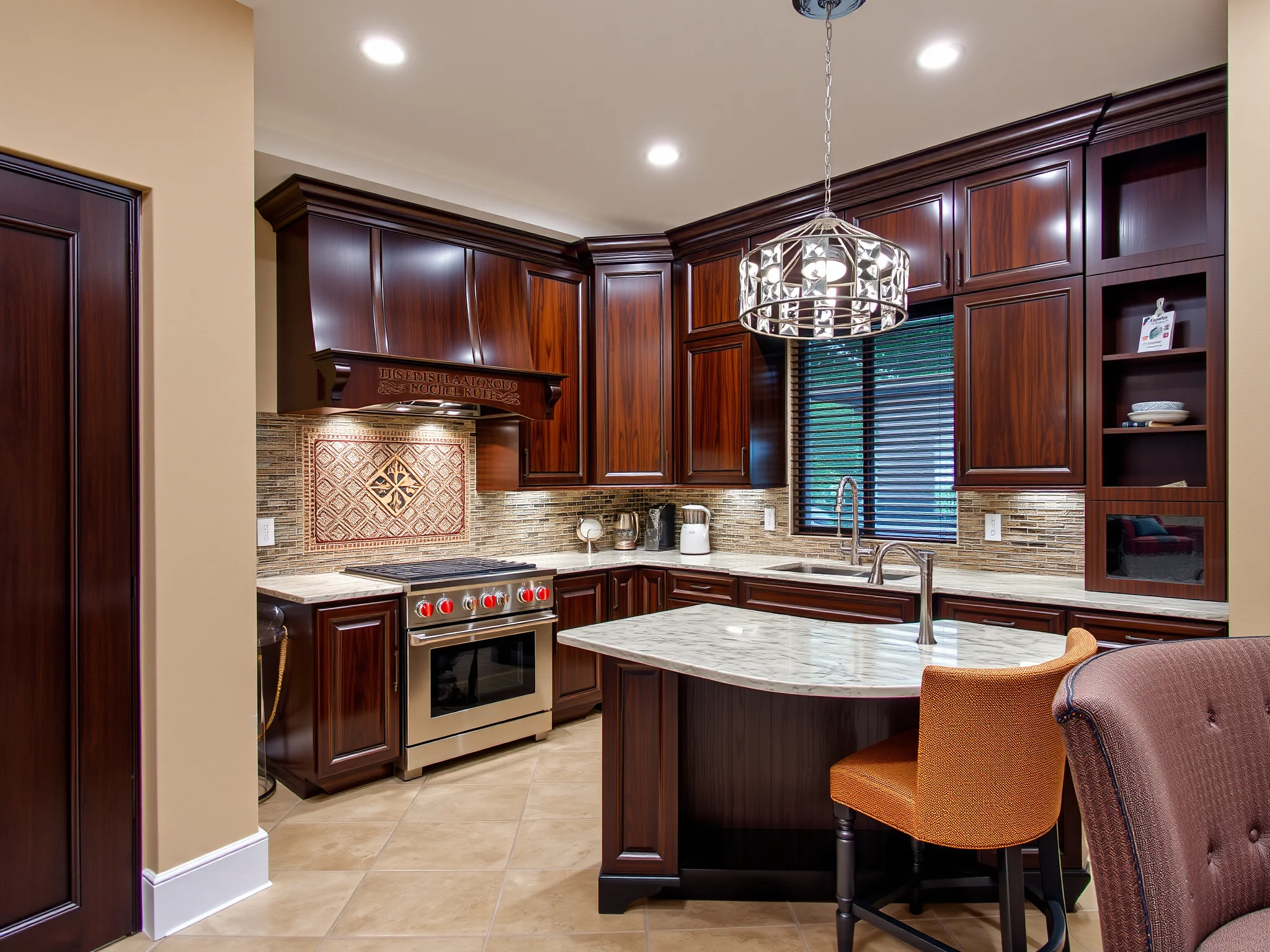
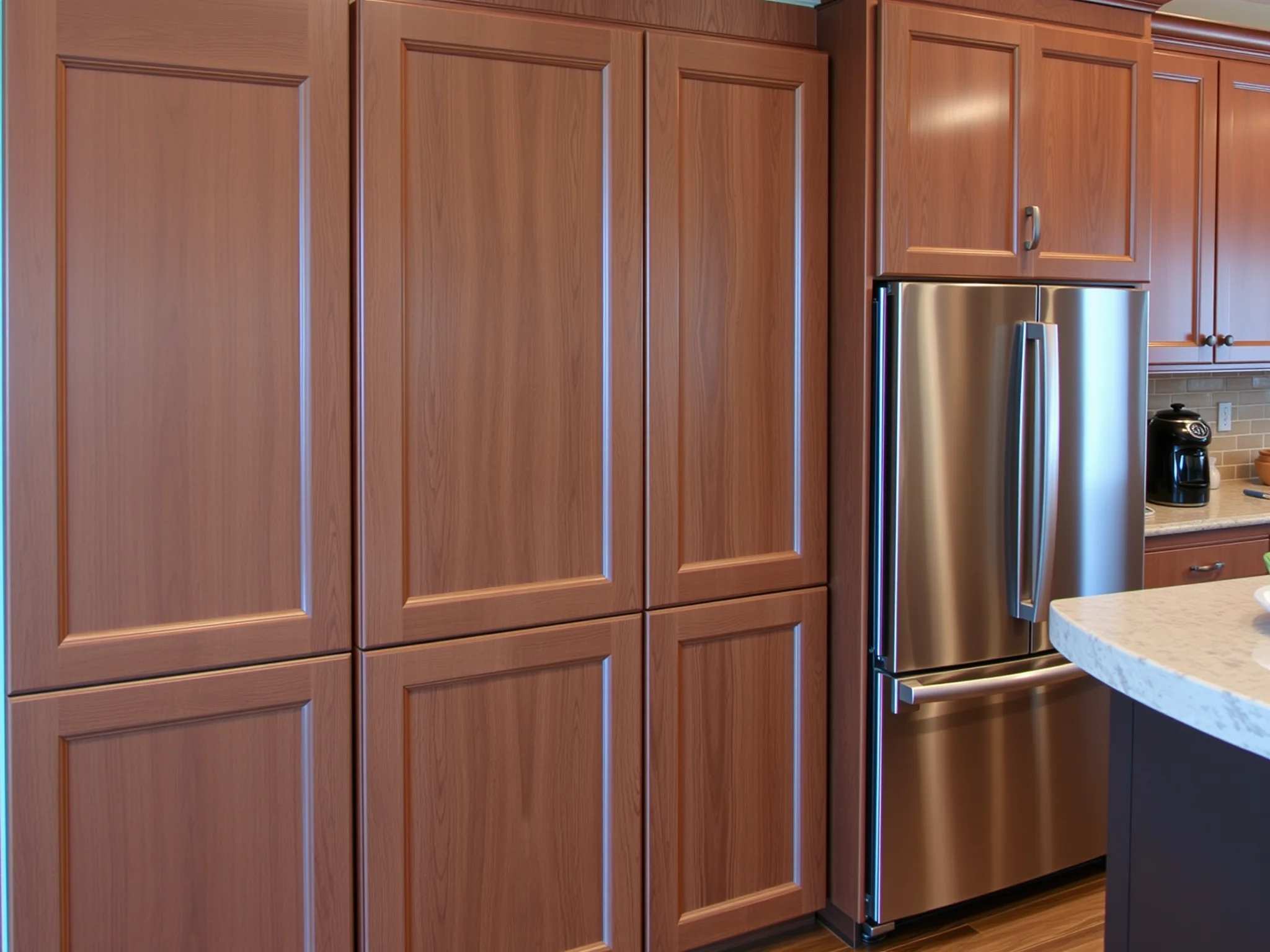
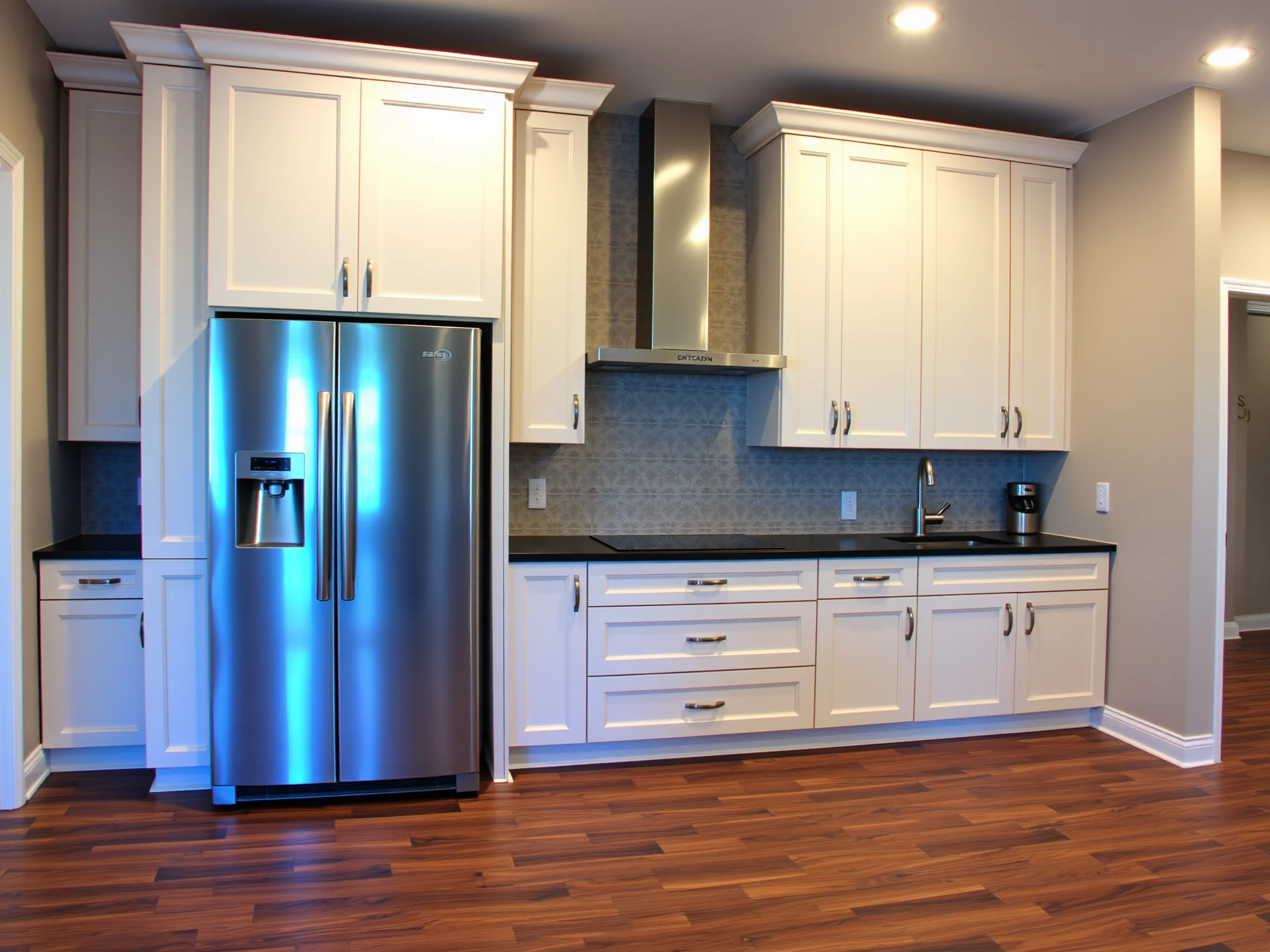


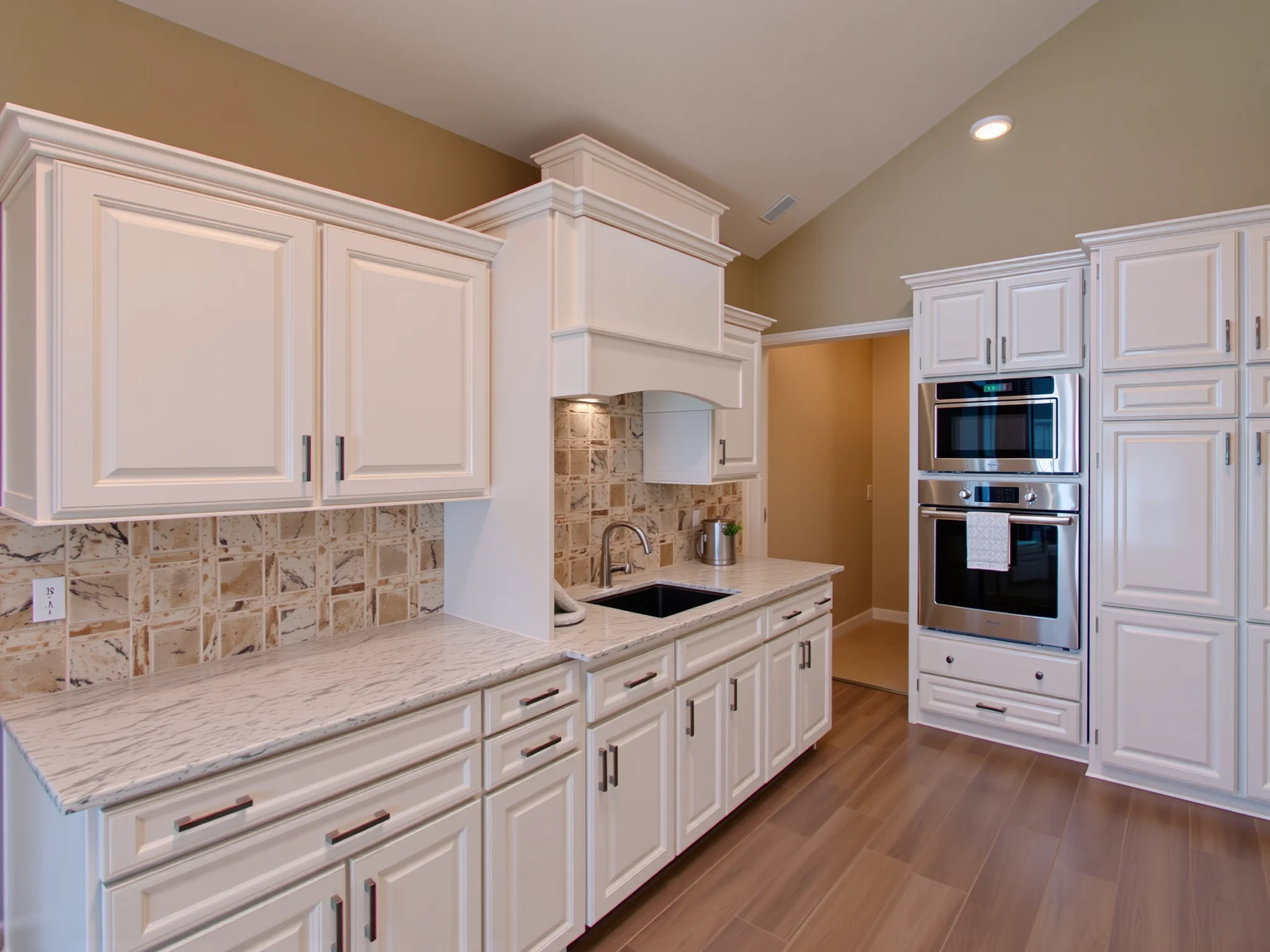

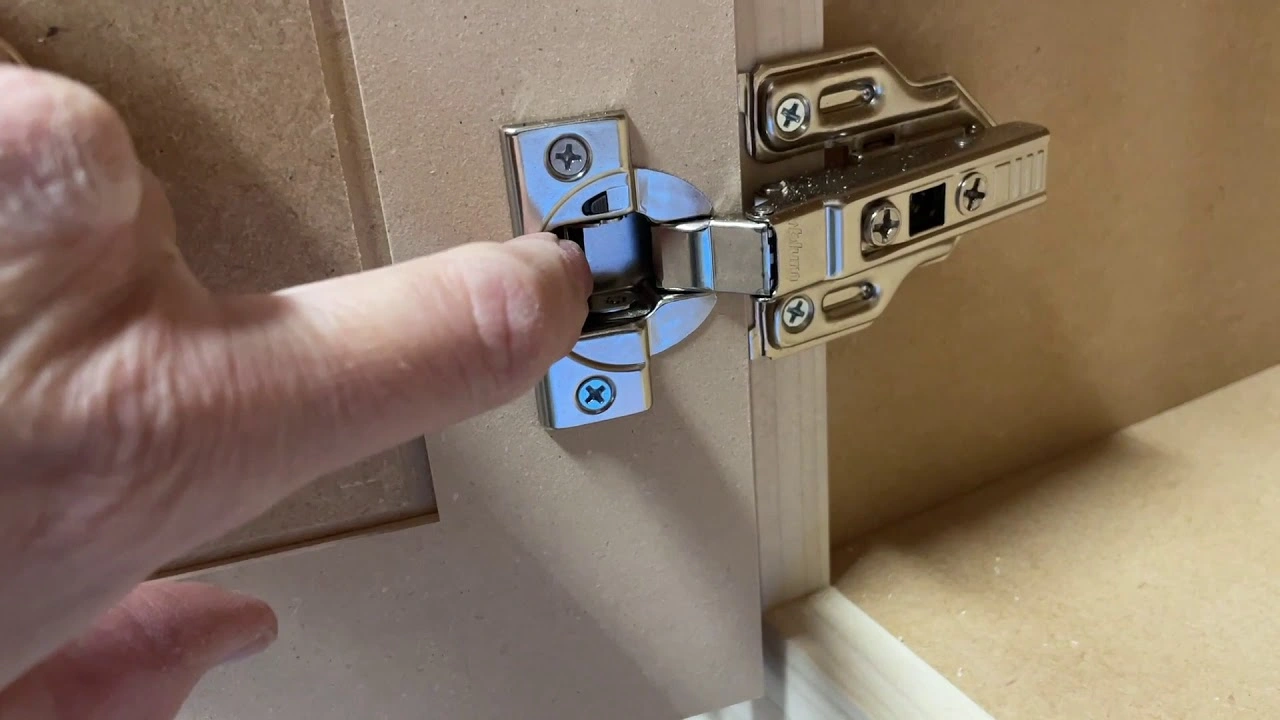
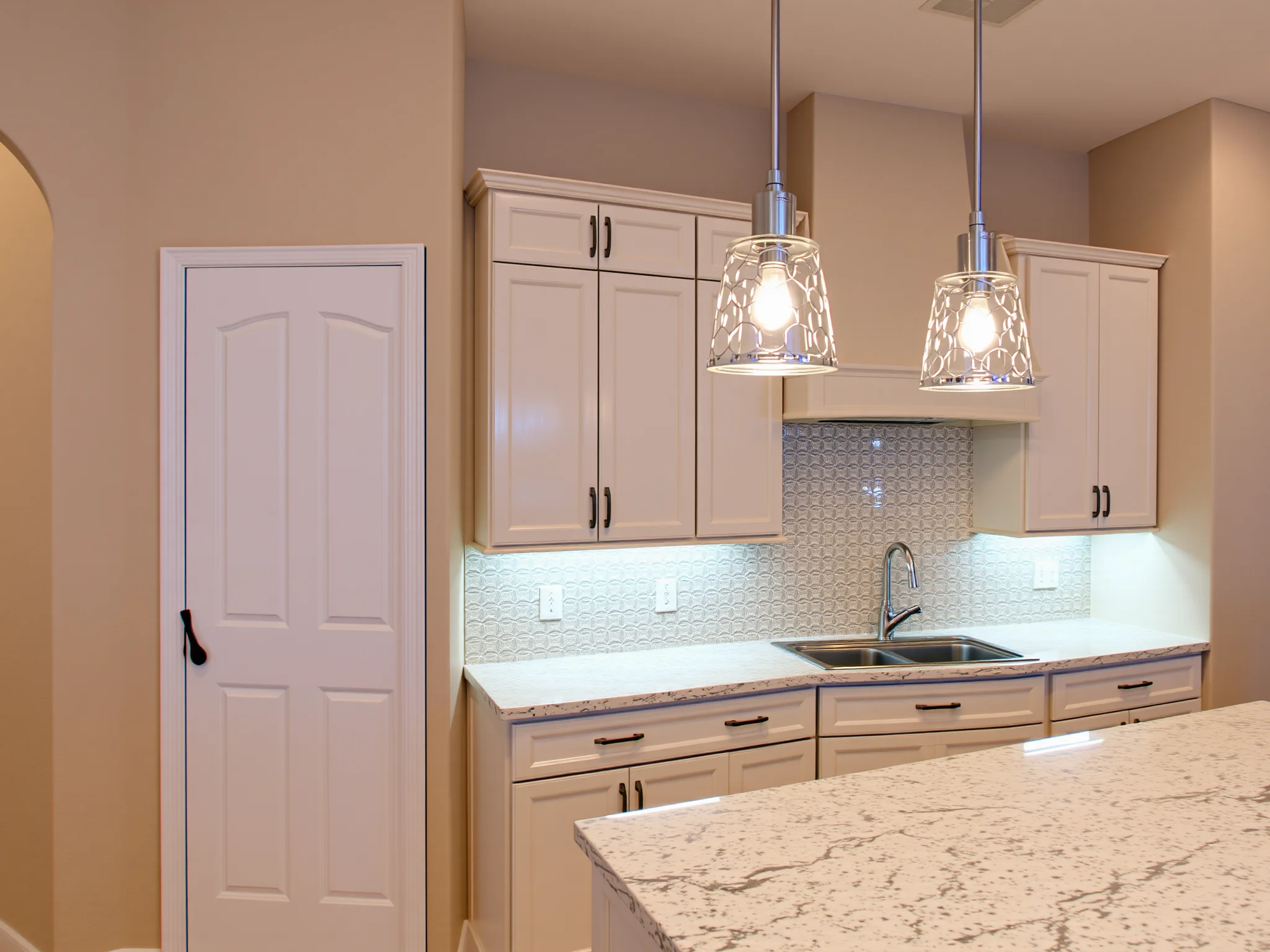
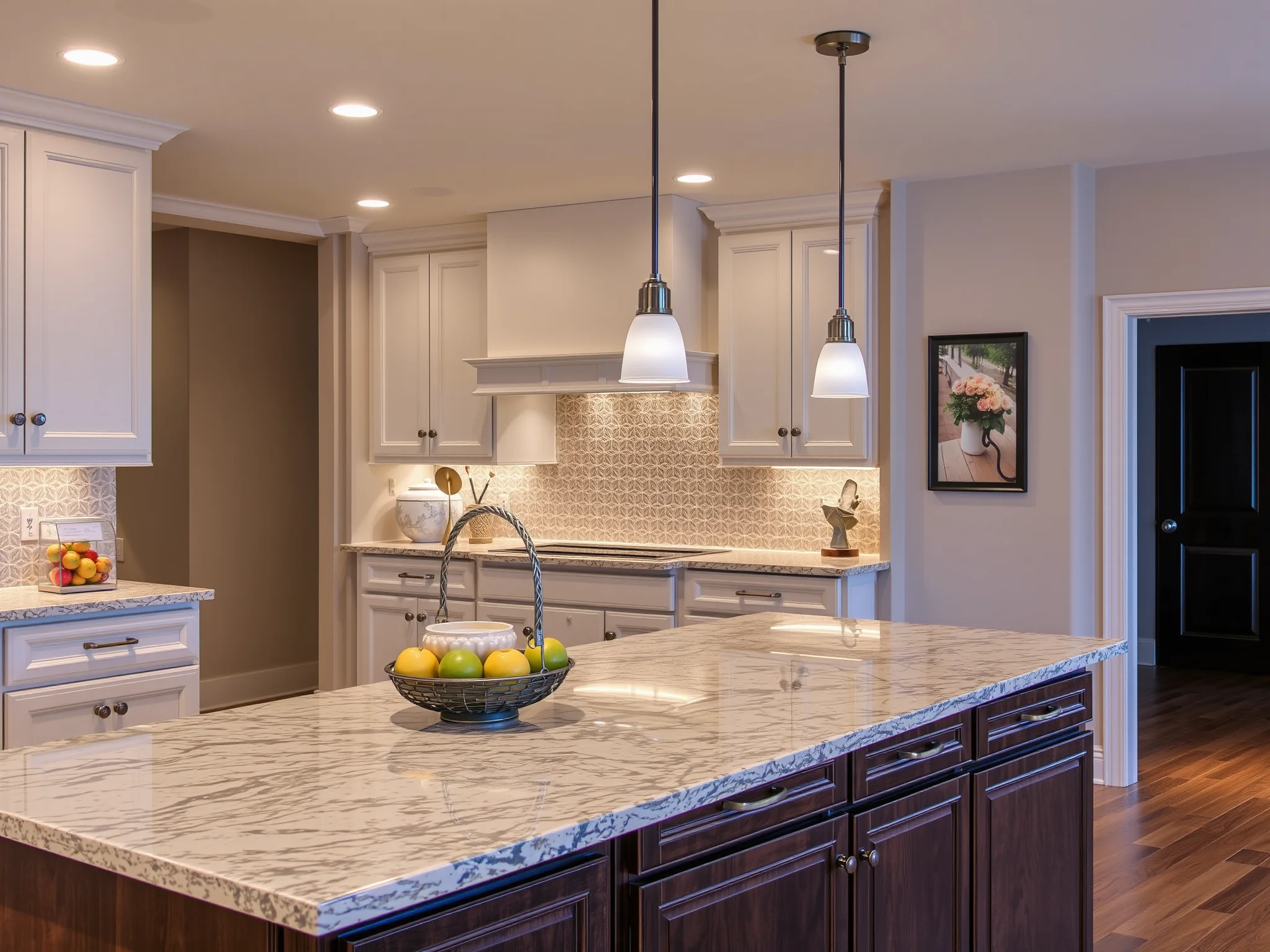
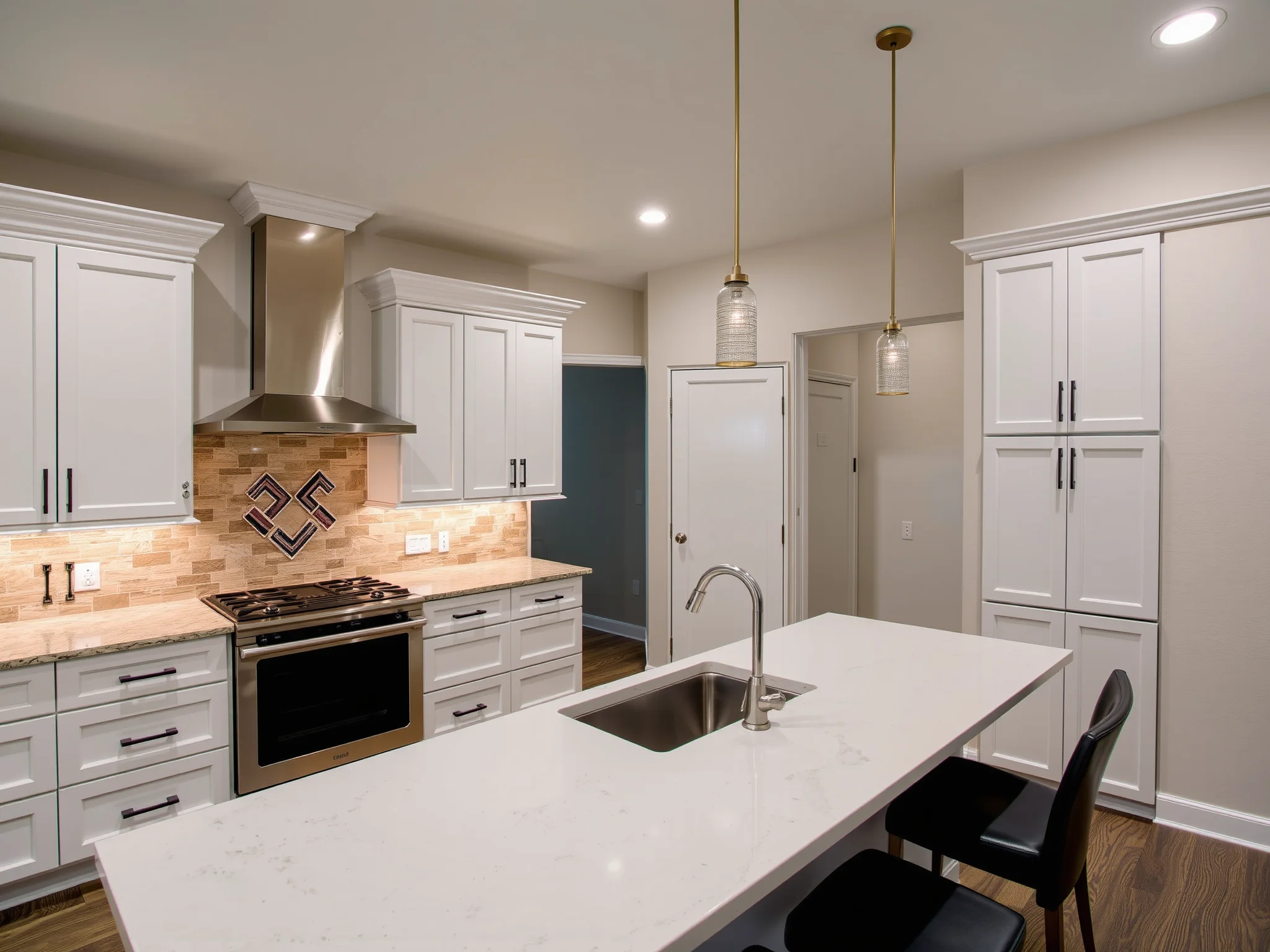

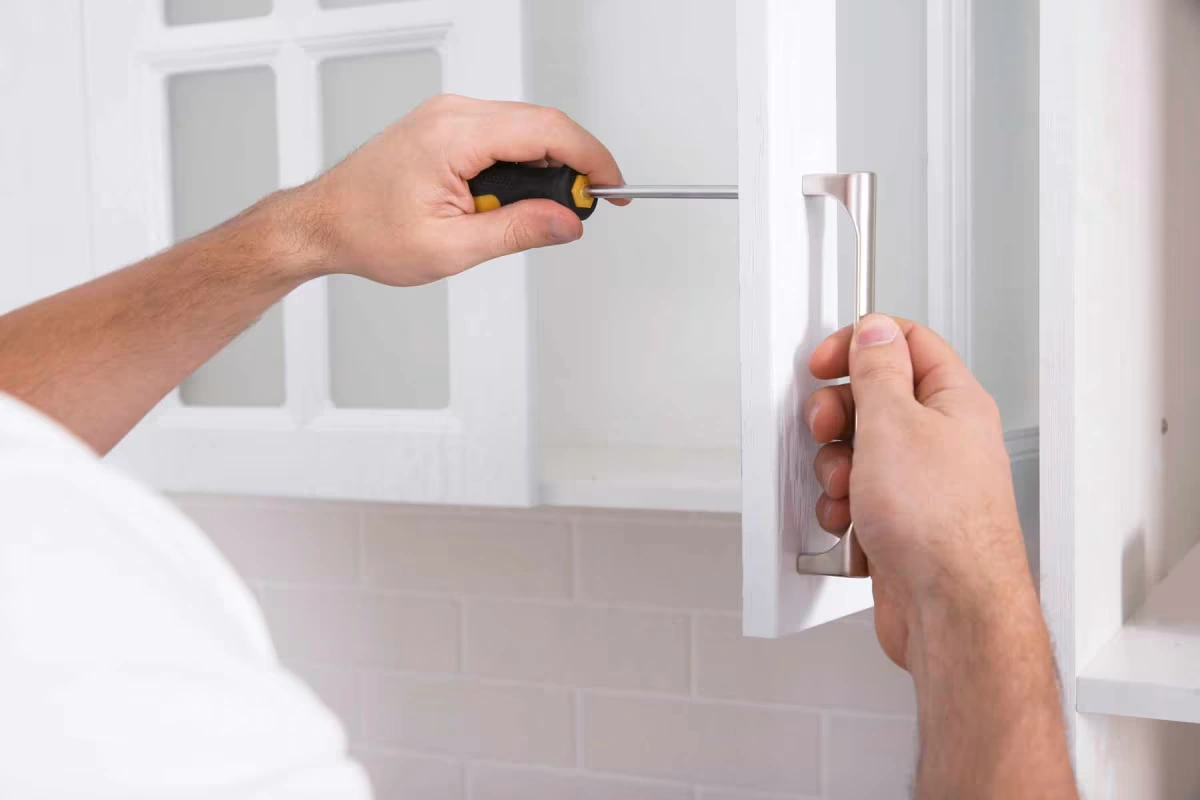
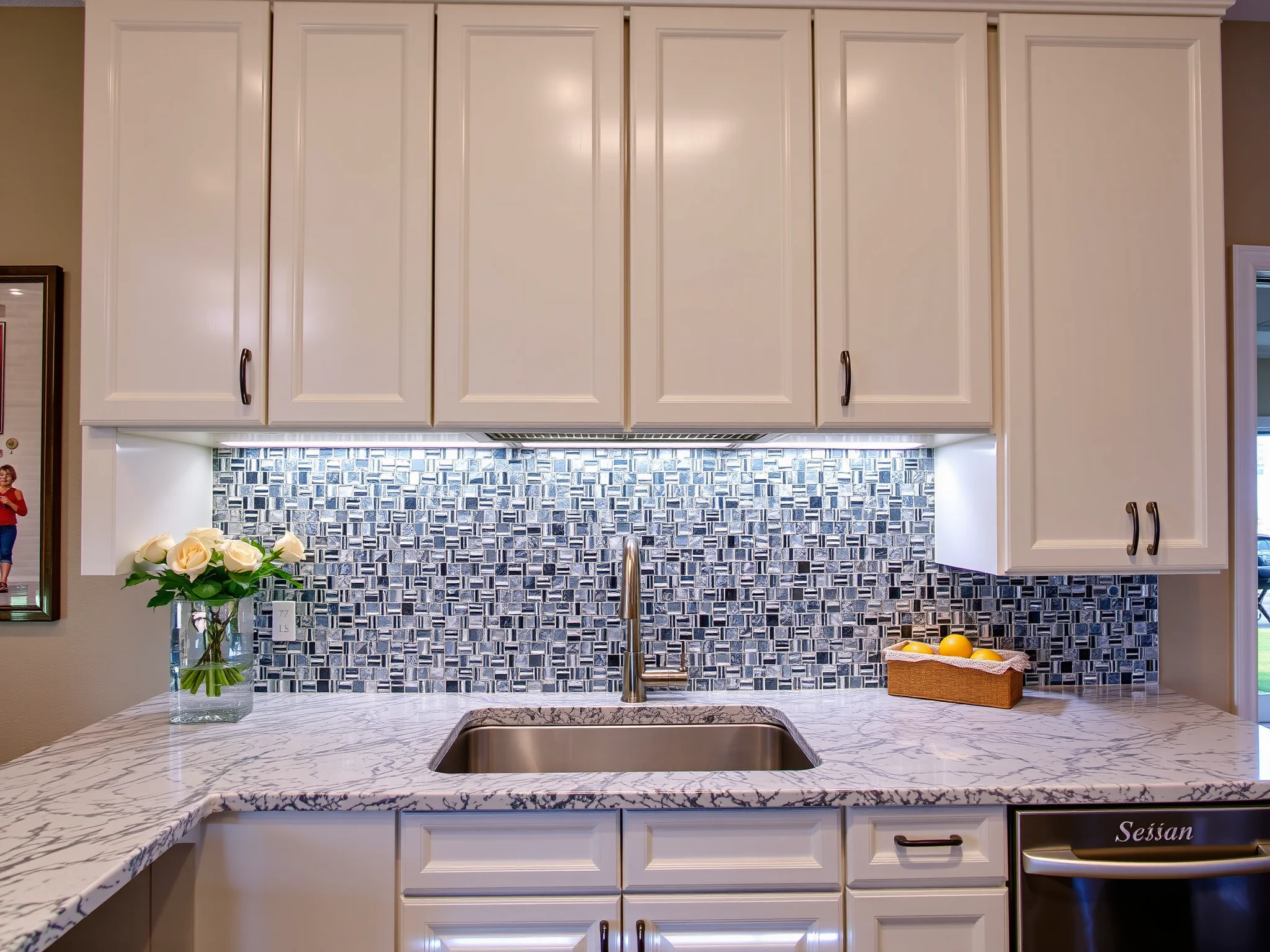
:max_bytes(150000):strip_icc()/TAL-the-star-frisco-texas-FRISCOTX0223-5fb5e2ddde5a431e8072e46cbc504b63.jpg)
